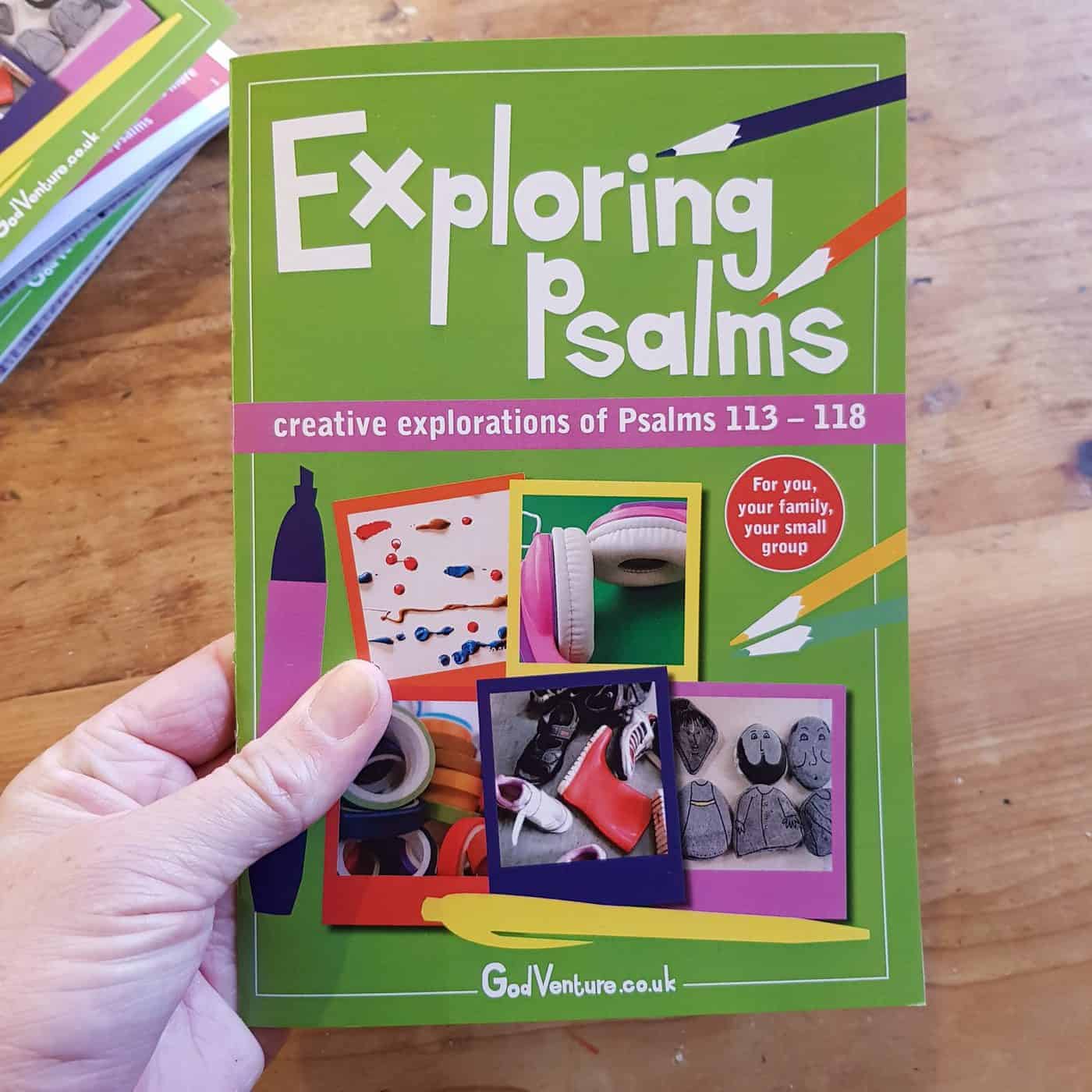For a long time now I’ve been in favour of adults and children growing in faith together.
I’ve led all-age services, done training for family and childrens’ workers and even run family activity days all with the intention of helping people experience and understand the joy which comes from intergenerational church done well.
For me intergenerational church is the other side of the coin to faith at home. They both equip and empower each other – a family who are part of a church where adults and children help each other grow in faith will inevitably be more active in growing together in their faith at home. A family who are intentional about growing in their faith at home will want to spend time together as part of their corporate faith experience.
Unfortunately this is not often possible, and although many people write about inter generational church, it’s harder to find people actively part of a community intentionally developing this kind of dynamic. And although books and articles (like this one!) can be really helpful, I think the best way to learn how to do this is to experience it.
Which is why this Lent I started an intergenerational small group.
It’s small, just our family and one other. We meet each week online and work through one session of Exploring Psalms, a resources I created to be used by children or adults, alone or in groups.
There is another intrepid experimenter out there also trying this out with her small group, and we have a catch up each week to compare notes, so I thought it might be helpful to share our findings with you.
Here’s how it went in week 1:
My group (2 adults, 5 children, 2 screens)
We spent about 10 minutes getting our screens set up so we could all see each other, without complete success. Not being able to see and hear each other very well hinder our chatting about the Psalm together.
(We found that it’s helpful to have the screen on a table and the group of people using it sitting together a little bit away so that everyone can be seen and heard.)
We read the psalm from the book with two different people reading, and some of us doing the ‘use your body’ idea as it was read. This worked fine, although maybe assigning the reader in advance would mean they would have time to practice, feel more confident and read more fluently.
I led the questions and asked each person if they wanted to share their thoughts, which everyone did.
It was interesting to hear each other’s favourite parts, and why we liked them. Some of the children weren’t able to articulate their ‘why’ but that was fine. Hearing both adult and child responses was interesting, especially when we liked the same verses but for different reasons.
We then had a time of doing creative things for about 20 minutes, leaving the call open. My family all did different types of collage, while the other family did 4 different types of activity, including painting, writing and lego.
Most of us shared our creations with the others on the screen as we finished them. One person wanted to keep their private, which was also fine.
I was fun to see the different things we made, and I was impressed at the variety of ways the other family chose to respond.
Learning points for next week:
- Set up the tech and do a ‘sound check’ before actually starting
- put the screen in a place where signal and light are good and we can all sit comfortably and be seen
- invite someone else to lead the session
The other group (6 adults, 5 children and 3 teens)
This group was keen to meet in this way, but hadn’t any experience of it. They were perhaps expecting something different, as afterwards their feedback was that they found it hard and didn’t really enjoy it.
The family who enjoyed it most liked having the leader in their break out group. I wondered if having her there was essential for modelling how to use the wondering questions and to give that needed social interaction which we all crave because of lock down.
However, the leader didn’t give up and instead we brain stormed ideas to change it around to help it work better for them.
Things we discussed were:
- keeping the whole group together instead of doing the chat and response in separate families
- offering to deliver some creative materials to their house (this group live locally to each other)
- suggesting using some food, perhaps delivering mini eggs and doing mini eggs prayer or hot cross buns for a ‘feast’ at the beginning or end of the session
Stay tuned to hear how we get on next week!
If you’d like to know more about Exploring Psalms, the intergenerational resource we’re using, you can get a copy of the book or the download or get a free sample here

